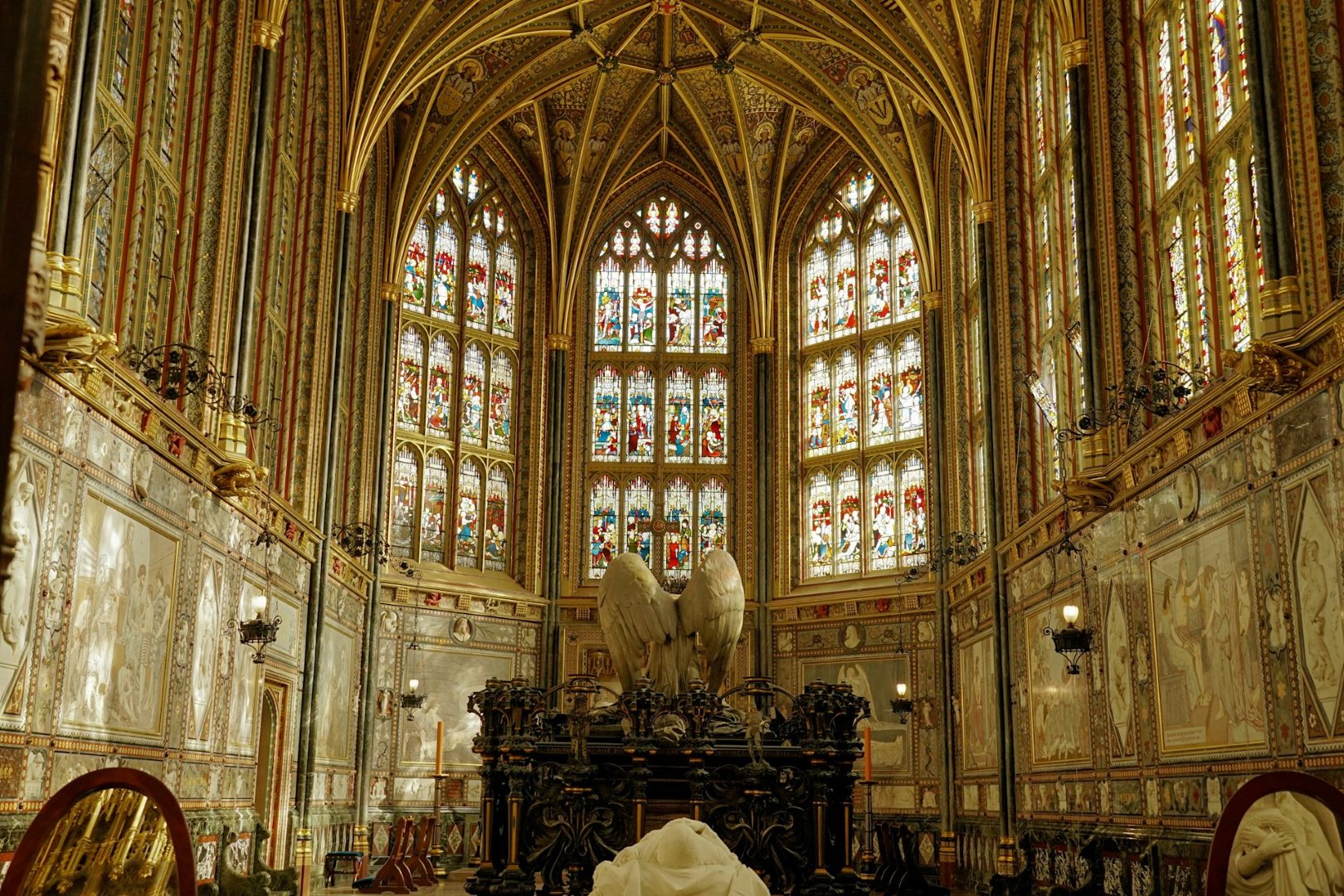Introduction
Methodism is a Protestant Christian movement that emerged in the 18th century in England. Founded by John Wesley, Methodism has since spread to various parts of the world and developed into several denominations, each with its unique characteristics and emphases. This guide aims to provide an overview of the key aspects of Methodism, including its beliefs, practices, and historical development.
Beliefs
Methodists adhere to the core tenets of Christianity, including:
* **Belief in the Trinity:** The Father, Son, and Holy Spirit as one God.
* **The authority of the Bible:** As the inspired Word of God.
* ** Justification by faith:** Salvation through the grace of God, received through faith in Jesus Christ.
* ** Sanctification:** The process of growing in holiness and becoming more like Christ.
* ** The Second Coming of Christ:** The belief that Jesus will return to establish a just and eternal kingdom.
Distinctive Methodist Beliefs:
* **Emphasis on experiential religion:** Methodists believe in the importance of personal experience of God’s grace and forgiveness.
* **Arminianism:** Methodists believe in the free will of individuals and that salvation is not predestined.
Practices
Methodist practices are designed to foster spiritual growth and community:
* **Class Meetings:** Small groups where members gather for prayer, Bible study, and mutual support.
* **Prayer Meetings:** Regular gatherings for corporate prayer.
* **Love Feasts:** Sacramental meals where members share bread and wine in remembrance of Christ’s sacrifice.
* **Sacraments:** Baptism and Holy Communion are recognized as sacraments, outward signs of inward grace.
Other Methodist Practices:
* **Circuit Riding:** Preachers traveled on horseback to preach in remote areas and establish new congregations.
* **Lay Leadership:** Methodists value lay involvement in church leadership and ministry.
History
Origins and Early Development:
* 1729:** John Wesley and Charles Wesley underwent a profound spiritual experience known as the “Aldersgate Experience.”
* 1739:** Methodists began to organize into “societies” with rules and accountability structures.
* 1784:** The Methodist Church in America was established after the American Revolution.
Great Revivals and Expansion:
* 18th and 19th centuries:** Methodism experienced significant revivals and growth, spreading throughout England and North America.
* **Missionary Work:** Methodists established missions in various parts of the world, including Africa, Asia, and the Pacific Islands.
Denominational Developments:
Over time, Methodism has developed into several denominations, each with its own unique identity:
* The United Methodist Church:** The largest Methodist denomination, formed in 1968 through the union of several Methodist bodies.
* The Wesleyan Church:** Emphasizes traditional Methodist beliefs and practices.
* **The African Methodist Episcopal Church:** Founded in the 19th century, it plays a significant role in the African American community.
Conclusion
Methodism is a diverse and dynamic Christian movement with a rich history and theological heritage. Its emphasis on experiential religion, Arminianism, and community practices has shaped its distinctive identity. Today, Methodists continue to spread their message of salvation by grace and serve as a force for good in the world.



